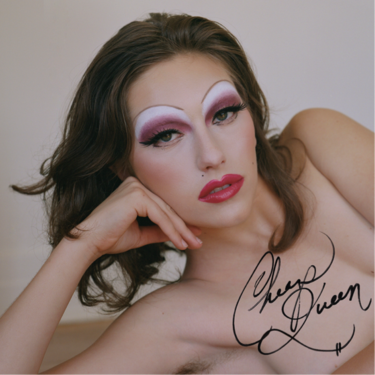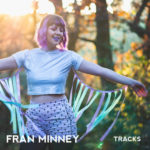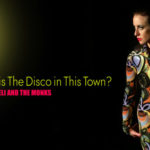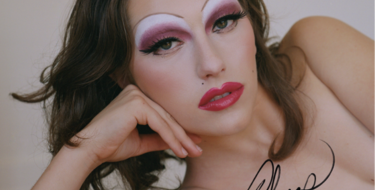Mikaela Straus, better known by her stage name, King Princess, has taken the pop music world by storm, first with last years EP Make My Bed and now with a new single, “Cheap Queen.”
Straus has created a mania in the queer music scene, being hailed as “royalty,” “the Jewish queer pop icon we’ve been waiting for,” and even, by one enthusiastic fan at a Brooklyn show, “Lesbian Jesus.” Such a fanatical reaction to her debut has underscored a desperate demand for queer representation in the world of pop superstars. And Straus, with an arsenal of catchy, clever hooks and creative melodies at just 20 years old displays boundless potential to shoot to the top of the bitterly competitive pop music pyramid.
Frequently, pop icons that have an avid fanbase within the queer community, like Britney in the 00s and Ariana Grande more recently, are not queer themselves. And there have been even fewer mainstream pop icons, queer or not, that have resonated with the femme/genderqueer community in particular.
King Princess certainly isn’t the first queer pop singer to gain traction in mainstream pop culture. Halsey and Janelle Monae, among others, have found considerable success and have featured their queer identities in their music, not to mention the existence of a vibrant queer art scene in alt/underground spheres. But the success of King Princess and artists like her decidedly marks a new wave of queer artists who are permitted to feature their gender and sexual identities as a central figure of their music without sacrificing the chance of achieving a broad audience.
Love and lust is the focus of most of her music, and along with it the understanding that music by and about queer artists can be accessible to everyone. “I want people to be able to listen to this music, gay, straight, whatever the fuck, and take something out of it,” she said in her Genius video for her breakout hit, “1950”.
“I’m a cheap queen/I can be what you like/I’m a real queen/I can make grown men cry,” Straus sings on “Cheap Queen.” In the music video, Straus sits casually on a large sofa, or else acts different characters from queer culture on the television in front with the good-natured nonchalance of someone playing dress-up. She carries herself with confidence and commands attention, but the tone of the video is very casual.
What’s so important about King Princess as a queer icon is her ability to create an entertaining and illusory larger than life persona, as all pop superstars do, while also keeping open a window into the less glamorous but more authentic reality of the more relatable aspects of being a barely 20-something queer person whose identity is just starting to form.
With her polished stage persona, she provides an enchanting symbol for young queer people who don’t find themselves represented, while also being willing to appear as somewhat ordinary. It’s this accessible vulnerability that is perhaps most important as the queer “brand” becomes increasingly fashionable and inaccessible.
You can see King Princess in several cities this summer as she continues her tour through North America and Europe. You can listen to “Cheap Queen” on Spotify.






